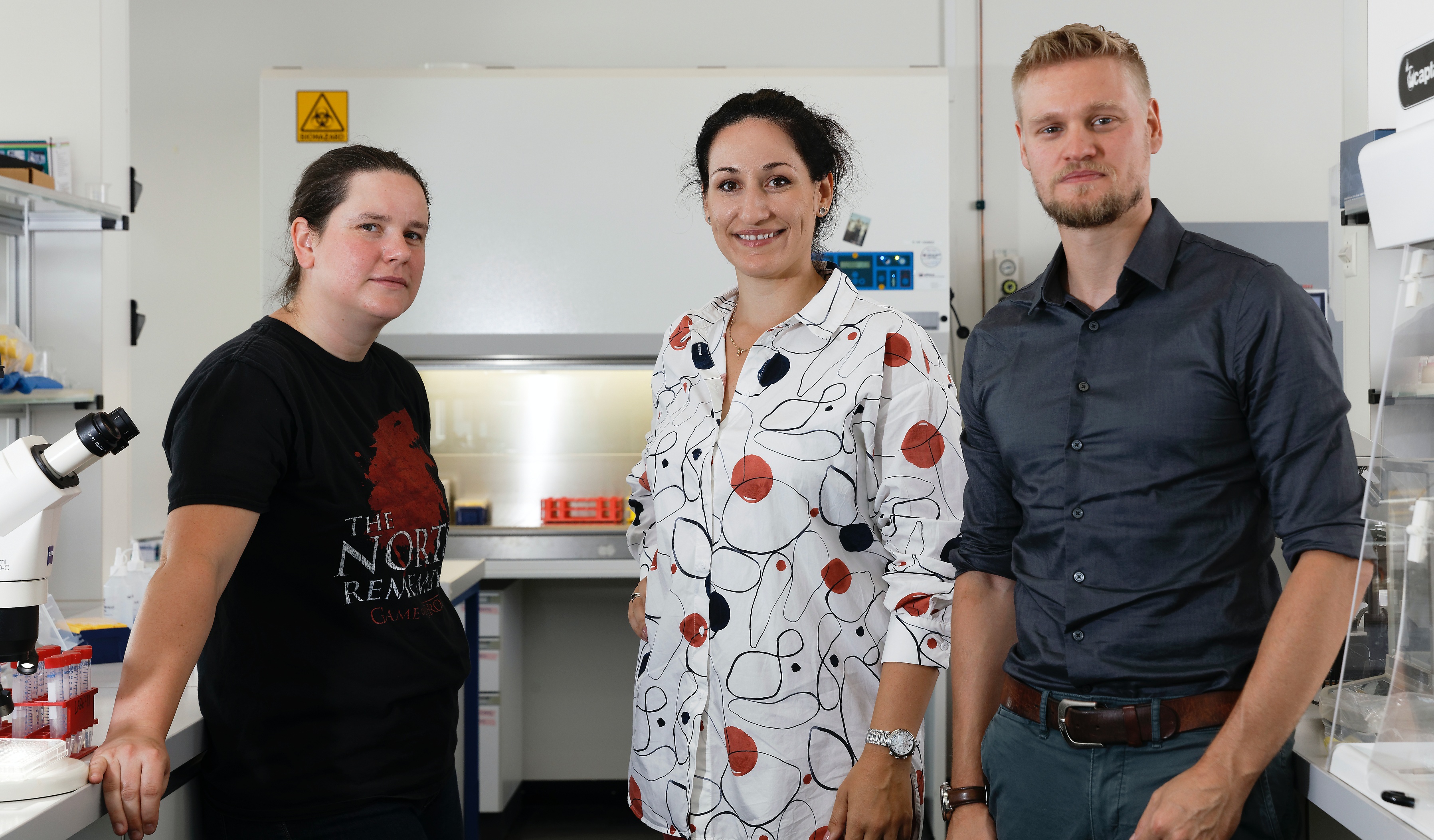
Muvon Therapeutics’ Phase 1 clinical study demonstrated the safety, feasibility and potential efficacy of autologous skeletal muscle injections into the bladder sphincter of women suffering from Stress Urinary Incontinence to restore strength and function over 6 months naturally.
Stress Urinary Incontinence (SUI) is defined as the complaint of any involuntary loss of urine on effort or physical exertion. It is a highly prevalent and untreated disorder which affects over 200 million people worldwide. It has a severe impact on both physical and psychological health and imposes a high burden on the quality of life of affected individuals. Up to 60 per cent of women above the age of 40 are affected and twice as often as men following prostate surgery. All existing treatment options from conservative to interventional including Kegel exercises, bulking agents and surgical devices exhibit drawbacks ranging from limited, short-term relief to potentially serious adverse events.
The University of Zurich spin-off Muvon Therapeutics addresses this problem with an autologous cell therapy for the treatment of damaged skeletal muscles in patients with SUI, using the patient's own muscle precursor cells (MPC).
Ten female patients participated in phase 1 clinical study, of which 9 received treatment and completed follow-up visits during the study period. Patients had a median age of 45 years and a median BMI of 24kg/m2. Results from the study demonstrated the safety, feasibility and potential efficacy of autologous skeletal muscle injections into the bladder sphincter of the patient.
Deana Mohr, CEO of Muvon Therapeutics said: "We have cleared the first major hurdle in our development program in the field of regenerative therapies where there is an extremely high unmet need and limited satisfaction with solutions. These results underscore rigorous pre-clinical testing and our ability to successfully extract muscle precursor cells from a patient, expand them in GMP laboratory conditions and inject into the sphincter muscle."
John Coelho, Medical Affairs Leader noted: "The results of the Phase I feasibility study show that administration of this cell therapy is safe and well tolerated. We can now advance to the larger, adequately powered Phase II study with the intent of bringing a transformative option to patients with stress urinary incontinence."
"We believe this cell therapy platform represents a truly unique mechanism to repair damaged sphincter muscle tissue using the body's own precursor cells without the need for any foreign body placement through surgery”, said Professor Daniel Eberli, MD PhD, the sponsor-investigator and Dr Florian Schmid, MD PhD, the co-investigator of this study from the Department of Urology at the University Hospital Zurich.
(Press release/RAN)























































Please login or sign up to comment.
Commenting guidelines